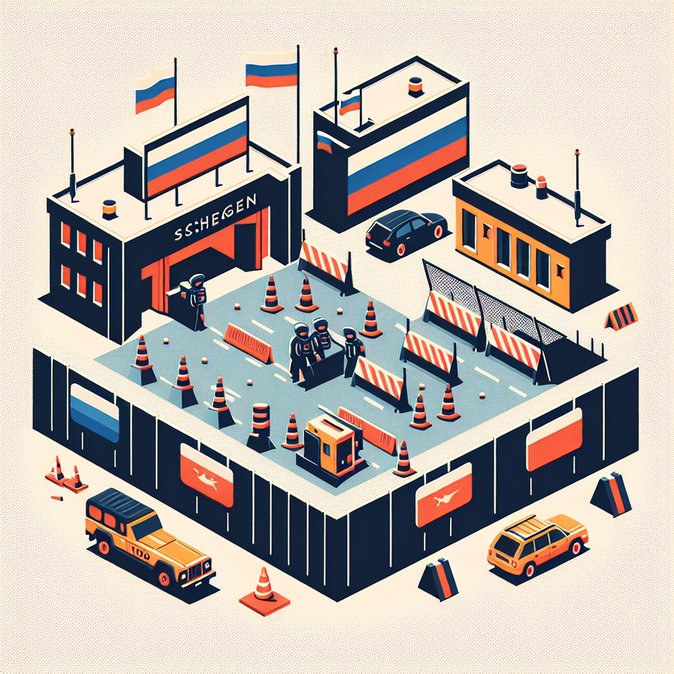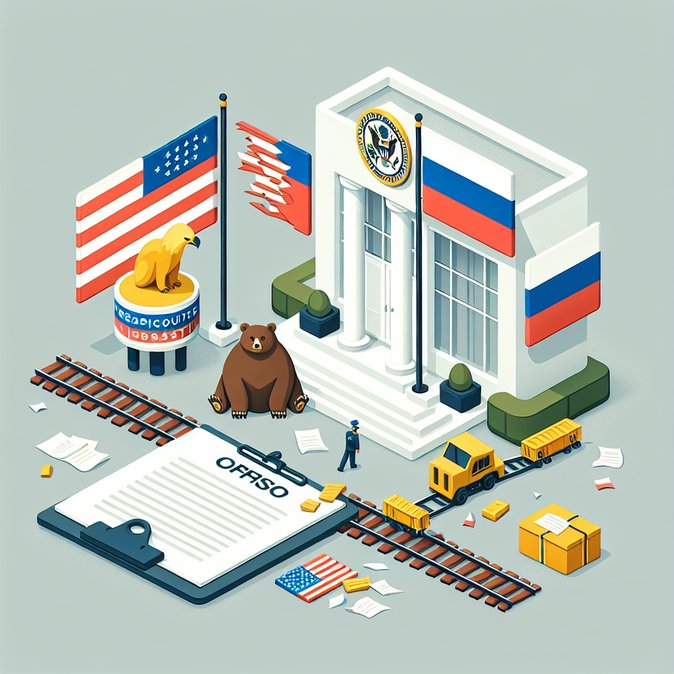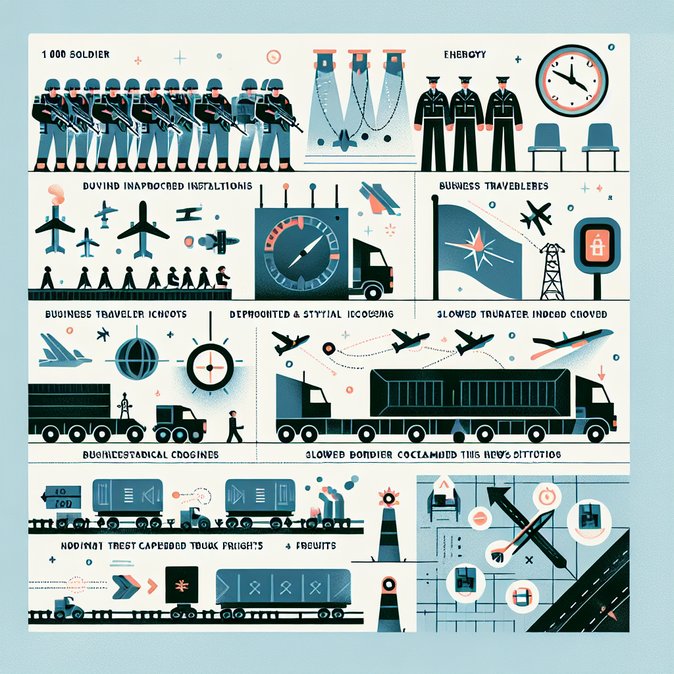
In the same parliamentary address on 19 November, Foreign Minister Radosław Sikorski called on fellow EU states to impose a 30-kilometre ‘containment zone’ on the intra-Schengen travel of accredited Russian diplomats, echoing measures already adopted by the Baltic states. He argued that intelligence gleaned from the weekend’s rail sabotage shows Russian operatives using diplomatic licence plates to perform reconnaissance well beyond their official postings.
Under current Schengen rules diplomats may travel freely once inside the zone, a privilege that, Sikorski said, “is being weaponised against European critical infrastructure.” Poland’s proposal would oblige Russian mission staff to seek advance clearance for travel outside a restricted area, allowing host states to deny or monitor trips they deem suspicious.
![Warsaw urges EU to restrict Schengen movement of Russian diplomats]()
Legal experts note that while the Vienna Convention guarantees freedom of movement for diplomats, Article 12 permits host governments to designate special security zones for reasons of national security. France briefly invoked the clause in 2020 to curb Syrian embassy staff, creating precedent the EU could replicate.
If adopted, the policy would immediately affect roughly 40 Russian officials still accredited in Poland and several hundred across neighbouring Germany, Czechia and Lithuania. Business travellers should expect ad-hoc ID checks near airports, rail hubs and energy facilities as border-guard units test new monitoring protocols. The move may also prompt Russia to mirror restrictions on EU diplomats, potentially complicating site visits for European companies in the Russian Federation.
The European External Action Service has acknowledged receipt of Poland’s proposal; deliberations are expected at the 25 November Foreign Affairs Council. Until then, Polish authorities say they will intensify patrols around missions and could unilaterally impose tracking requirements using traffic-camera networks.
Under current Schengen rules diplomats may travel freely once inside the zone, a privilege that, Sikorski said, “is being weaponised against European critical infrastructure.” Poland’s proposal would oblige Russian mission staff to seek advance clearance for travel outside a restricted area, allowing host states to deny or monitor trips they deem suspicious.

Legal experts note that while the Vienna Convention guarantees freedom of movement for diplomats, Article 12 permits host governments to designate special security zones for reasons of national security. France briefly invoked the clause in 2020 to curb Syrian embassy staff, creating precedent the EU could replicate.
If adopted, the policy would immediately affect roughly 40 Russian officials still accredited in Poland and several hundred across neighbouring Germany, Czechia and Lithuania. Business travellers should expect ad-hoc ID checks near airports, rail hubs and energy facilities as border-guard units test new monitoring protocols. The move may also prompt Russia to mirror restrictions on EU diplomats, potentially complicating site visits for European companies in the Russian Federation.
The European External Action Service has acknowledged receipt of Poland’s proposal; deliberations are expected at the 25 November Foreign Affairs Council. Until then, Polish authorities say they will intensify patrols around missions and could unilaterally impose tracking requirements using traffic-camera networks.


